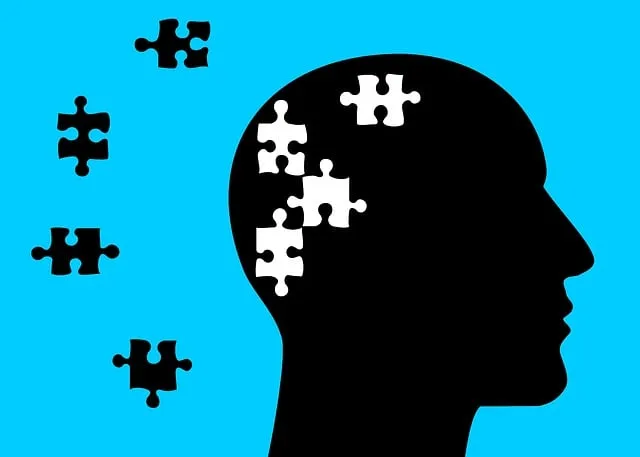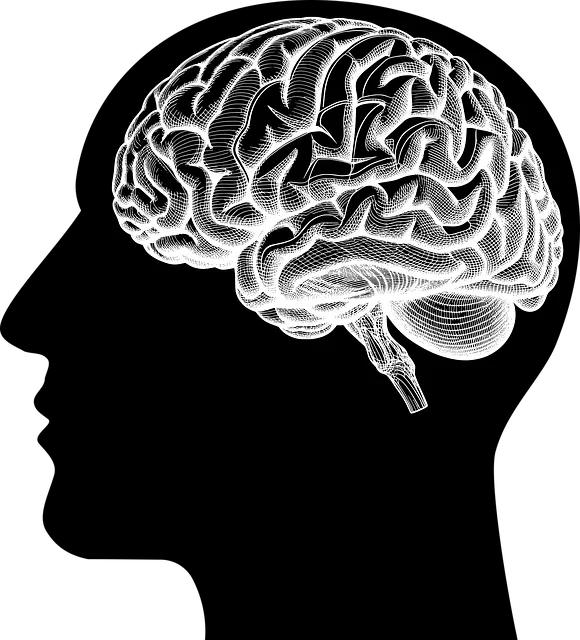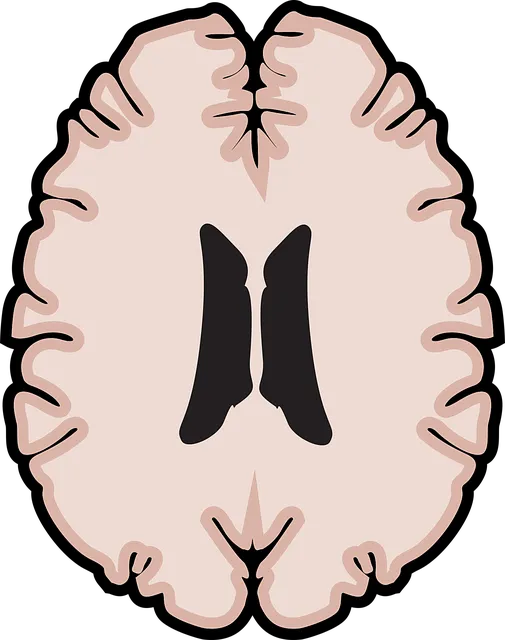Evaluation metrics, from qualitative feedback to standardized questionnaires, are essential for measuring the success of mental wellness programs at Englewood Kaiser Permanente. Patient-centered approaches, driven by client feedback and tailored programs, enhance care quality. Data analysis using KPIs like symptom improvements and patient engagement identifies areas for improvement and ensures services align with community needs. Continuous improvement initiatives, including mindfulness workshops and staff well-being programs, foster a supportive environment for optimal mental wellness at Englewood Kaiser Permanente and similar healthcare facilities.
Evaluating mental wellness programs is crucial for understanding their impact and effectiveness. This article explores diverse evaluation methods employed by organizations like Englewood Kaiser Permanente mental health center, a leader in innovative care. We delve into key aspects such as interpreting evaluation metrics, leveraging client feedback, and utilizing data analysis to gauge program success. Additionally, we highlight specific KPIs tailored to mental health services and emphasize the importance of continuous improvement through feedback loops for optimal patient outcomes.
- Understanding Evaluation Metrics for Mental Wellness Programs
- The Role of Client Feedback in Englewood Kaiser Permanente's Approach
- Utilizing Data Analysis to Measure Program Effectiveness
- Key Performance Indicators (KPIs) Specific to Mental Health Services
- Continuous Improvement: Implementing Feedback Loops at the Center
Understanding Evaluation Metrics for Mental Wellness Programs

Evaluation metrics are crucial for understanding the effectiveness and impact of mental wellness programs, such as those offered at the Englewood Kaiser Permanente mental health center. These metrics go beyond simple participant satisfaction to include a wide range of qualitative and quantitative indicators that capture changes in mental health status, engagement with services, and overall well-being. For instance, evaluating the success of Mental Health Education Programs Design might involve assessing knowledge gains related to positive thinking, as well as tracking improvements in symptoms of anxiety or depression through standardized questionnaires.
Community Outreach Program Implementation also benefits from thorough evaluation, ensuring that initiatives like peer support groups or mindfulness workshops are making a tangible difference. By employing these diverse metrics, mental health professionals can gain valuable insights into what works best for different populations and adapt their programs accordingly. This data-driven approach allows for continuous improvement, ultimately enhancing the quality of care provided at Englewood Kaiser Permanente and similar facilities across the nation.
The Role of Client Feedback in Englewood Kaiser Permanente's Approach

At Englewood Kaiser Permanente mental health center, client feedback plays a pivotal role in shaping and refining their comprehensive approach to mental wellness. The center believes in fostering an environment where individuals feel empowered to contribute their experiences, providing invaluable insights for continuous improvement. By actively incorporating client feedback, they design mental health education programs that are tailored to the unique needs and challenges of their diverse population.
This patient-centered strategy extends beyond program design; it guides the development of mental wellness coaching programs. Through regular feedback mechanisms, clients offer suggestions on how to enhance support systems, making self-care routines more accessible and effective. The center utilizes these insights to create personalized pathways to well-being, ensuring that each individual’s journey towards mental health is not just supported but also co-created.
Utilizing Data Analysis to Measure Program Effectiveness

At the Englewood Kaiser Permanente mental health center, data analysis plays a pivotal role in evaluating program effectiveness. By leveraging robust datasets collected from patient interactions and surveys, the center can quantitatively assess key performance indicators (KPIs) related to mental wellness initiatives. This approach ensures that programs like Mind Over Matter Principles are not just theoretical, but actually contribute to measurable improvements in areas such as Stress Management and Self-Esteem Improvement.
Through sophisticated analytics techniques, the mental health center identifies trends, patterns, and outliers within the data, allowing for informed decision-making. For instance, analyzing pre-post program surveys reveals shifts in patient perceptions of their mental well-being, providing concrete evidence of program success. This data-driven approach enables continuous improvement, ensuring that services remain relevant, effective, and aligned with the evolving needs of the community.
Key Performance Indicators (KPIs) Specific to Mental Health Services

Mental wellness programs within healthcare institutions, such as the Englewood Kaiser Permanente mental health center, require robust evaluation frameworks to measure success and identify areas for improvement. Key Performance Indicators (KPIs) play a pivotal role in this process, offering specific and quantifiable metrics tailored to the unique needs of mental health services. These KPIs go beyond general satisfaction ratings to capture nuanced aspects of patient care and outcomes.
For instance, at Englewood Kaiser Permanente, KPIs might include tracking patient engagement rates in therapy sessions, improvement in clinical symptoms over time, and the number of patients successfully transitioning from acute care to community-based support. Other relevant indicators could be staff retention rates, perceived workload, and the implementation of burnout prevention strategies for healthcare providers, all of which contribute to a holistic evaluation of the mental wellness program’s effectiveness. Additionally, measuring patient satisfaction with services and integrating feedback loops ensures that the program aligns with the evolving needs of the community it serves, fostering a culture of continuous improvement in stress reduction methods.
Continuous Improvement: Implementing Feedback Loops at the Center

At the Englewood Kaiser Permanente mental health center, continuous improvement is a cornerstone of their approach to patient care. This involves actively incorporating feedback loops into daily operations. Patients and their families are encouraged to share their experiences and suggestions, which are meticulously collected and analyzed by a dedicated team. These insights are then used to refine existing programs and introduce innovative practices tailored to the evolving needs of the community.
One such initiative is the integration of mindfulness meditation workshops, which have shown promising results in enhancing patient resilience and promoting positive thinking. Similarly, regular risk assessment for mental health professionals is another key component, ensuring that staff members are equipped with the necessary tools to manage their well-being while providing top-quality care. This holistic approach fosters a supportive environment where continuous learning and adaptation are celebrated as vital components of overall mental wellness.
The evaluation of mental wellness programs, as demonstrated by Englewood Kaiser Permanente’s innovative approach, is a multifaceted process. By combining client feedback, data analysis, and specific KPIs tailored to mental health services, healthcare centers can effectively measure program effectiveness and drive continuous improvement. This comprehensive strategy ensures that resources are allocated efficiently, patient outcomes are optimized, and the overall well-being of the community served by Englewood Kaiser Permanente mental health center is enhanced.



